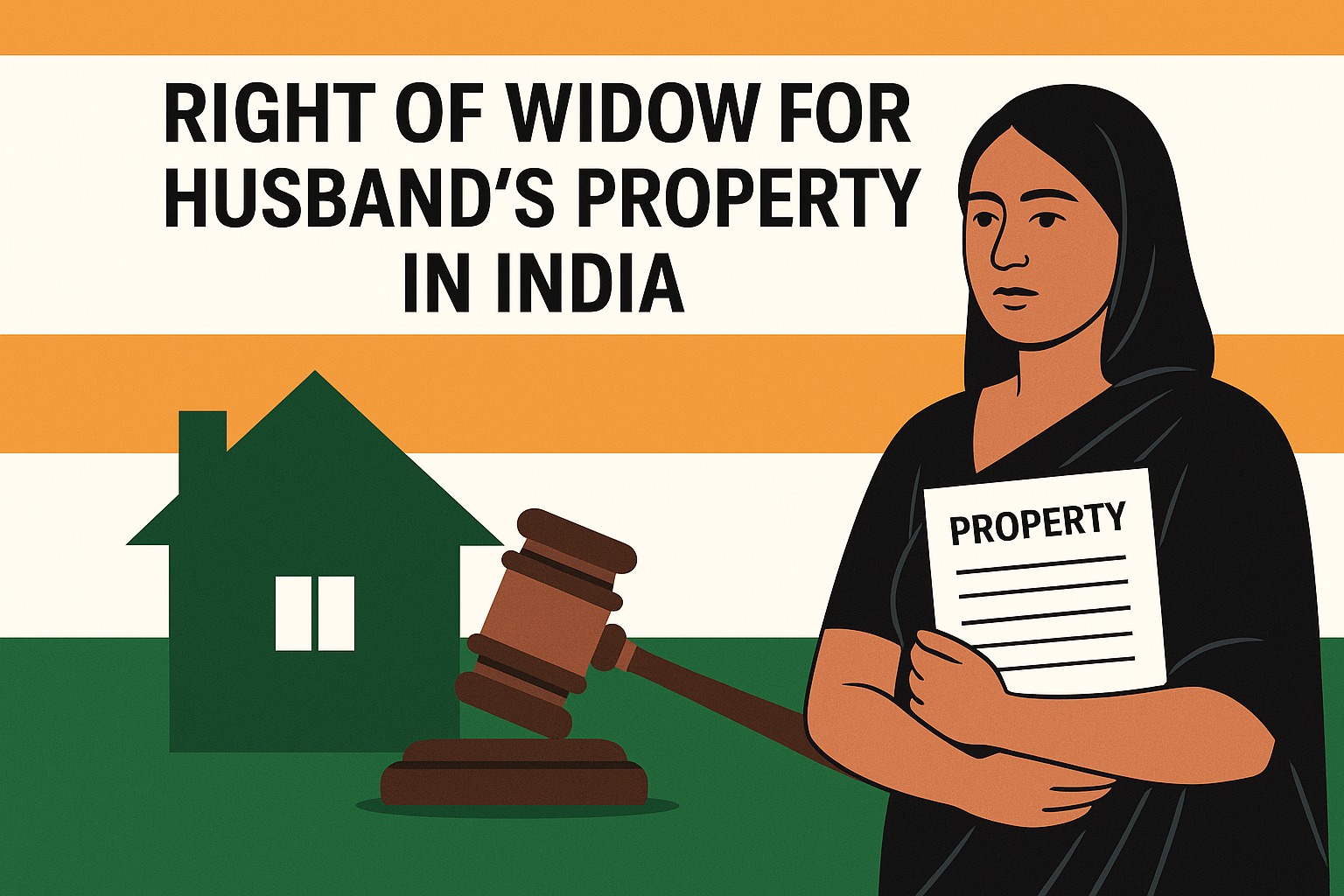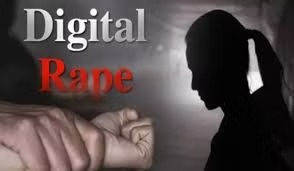@JUDGMENTTAG-ORDER
R.S. Garg, J.@mdashHeard learned Counsel for the Petitioner so also learned Counsel for the Respondent No. 1.
2. The Petitioner being aggrieved by the order dated 29.8.2002 passed in Election Petition Case No. 8/70 of 2001 (2001) by 4th Munsif, Chapra granting the application for making certain amendments, submitted by the Respondent No. 1 has come to this Court making a complaint that contrary to the settled principles of law and the authoritative pronouncements of the Supreme Court and this Court, the learned Munsif has allowed the amendment.
3. The facts in nutshell are that the Respondent No. 1 had filed an Election Petition inter alia submitting that because of mass bungling in counting of the votes and concoction of the ballot papers, the results were adversely affected. He also submitted before the Court through this detailed Election Petition that the evidence be recorded, the ballot papers be recounted and ultimately the petition be allowed and the election of the present Respondent/returned candidate be quashed. During the pendency of the Election petition, an application under Order VI, Rule 17 of the CPC was filed to bring on record certain amendments.
4. The application was opposed tooth and nail by the present Petitioner but was allowed by the order impugned, therefore, the Petitioner has come to this Court.
5. So far as the appreciation of the legal position by the learned Munsif is concerned, I must immediately say that he has appreciated the legal position correctly. He was absolutely justified in observing that the material facts are to be pleaded and the fullest particulars of the same can be provided later on by way of an amendment. The Supreme Court so also this Court, time and again, have observed that if the material facts are pleaded then any amendment to give full particulars of the same would in fact be making the pleadings exhaustive and would not be introducing a new material fact. What is already available on the record, if is sought to be expLalned, then that would be full and better particulars of a material fact.
6. In the present matter, the Election Petitioner in paragraph 22 says that only 249 votes were cast in Booth No. 127 but at the time of counting, 253 votes were found. This certainly was a ground for invalidating the election but within this ground any particular relating to any other illegality cannot be introduced by way of amendment. By the amendment application, the election Petitioner wanted to plead that at Booth No. 127 as many as 20 votes were cast which were not counter-signed by the Presiding Officer. Similarly in relation to Booth No. 123, the fact now sought to be brought on record is that as many as 20 ballots were found in favour of the Petitioner which were later on invalidated. These amendments cannot be said to be better or further particulars of the material facts which have already been pleaded in the Election Petition. I could understand the grant of application, if the pleadings which are already on record are sought to be expLalned. I must observe that despite appreciating the law properly, the learned Munsif/Election Tribunal committed an illegality in granting the application.
7. The error is apparent on the face of the record. The order impugned passed by the learned Munsif cannot be allowed to stand. It deserves to and is accordingly quashed.
8. The petition is allowed.

